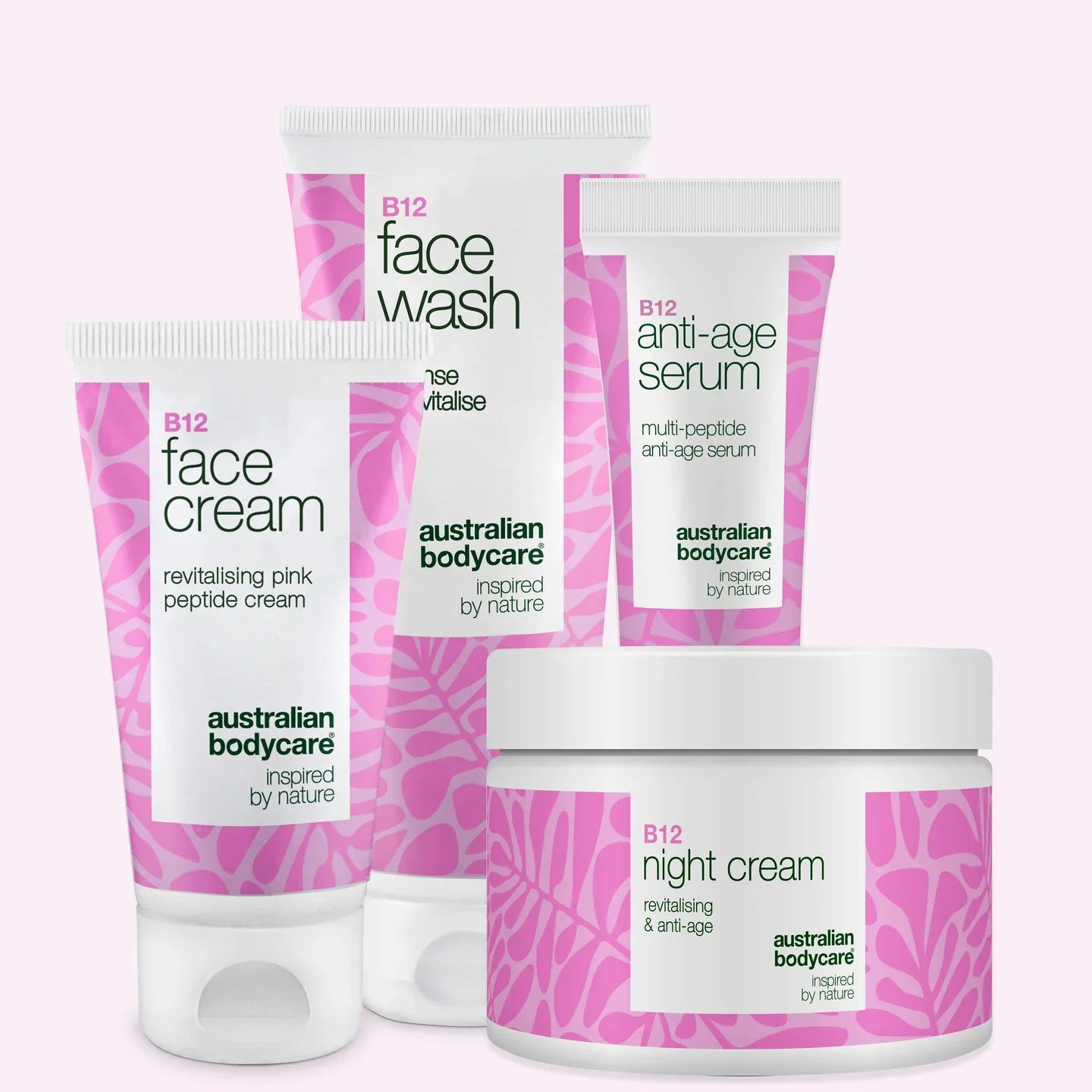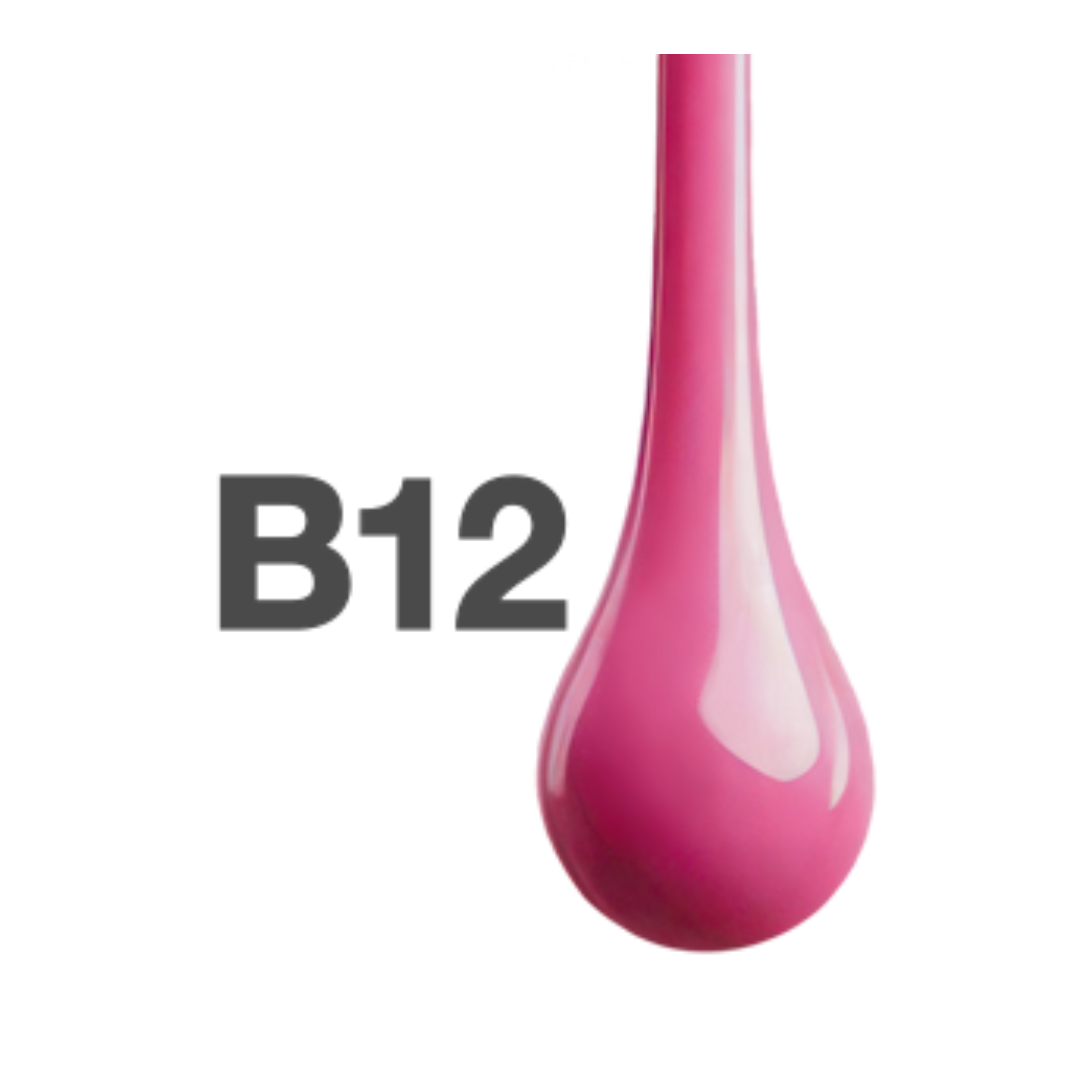Everything You Need to Know About Tanning beds: Risks and Consequences
Table of contents
Risks of Using tanning beds
Using a tanning bed can lead to sunburn, wrinkles, and prematurely aged skin due to the artificial UV radiation. There is also an increased risk of developing skin cancer, including melanoma, related to frequent exposure to tanning beds.
Sunburn, Wrinkles, and Premature Aging of the Skin
UV radiation from tanning beds can damage your skin. This radiation accelerates the aging process of the skin, meaning your skin may begin to show signs of aging such as wrinkles and loss of firmness earlier than usual.
This is a direct consequence of the deep impact UV light has on the skin’s structure.
Using a tanning bed before the age of 35 significantly increases the risk not only of sunburn but also of early signs of aging. This is because your skin loses its ability to repair itself effectively when regularly exposed to artificial UV radiation.
Your skin has a memory. Every ray counts.
Increased Risk of Skin Cancer
Using a tanning bed increases the risk of skin cancer, particularly melanoma. Cancer organizations point out that each time you tan in a tanning bed, your risk of developing this disease increases.
Tanning bed light has a radiation intensity that can be as harmful as the midday summer sun at its peak. This is because artificial UV lighting in tanning beds often has an ultraviolet index of around 12, which is higher than the maximum UV index of 6-11 typically found across the United States.
It’s important to understand the seriousness of using tanning beds regularly. Melanoma often affects young women between the ages of 15-34 and is the most common form of cancer in this age group.
Reducing your exposure to artificial ultraviolet light or completely avoiding tanning bed use can be crucial steps in reducing your risk of skin cancer. Choices like these are essential in the fight against cancer and in protecting your skin from unnecessary damage.
Link Between Artificial UV Radiation and Melanoma
Artificial UV radiation from tanning beds increases the risk of developing skin and melanoma cancers. People who regularly use tanning beds before the age of 35 face a 60% higher risk of developing melanoma.
This figure shows how dangerous exposing the skin to artificial sunlight can be.
The World Health Organization (WHO) has categorized all radiation from tanning beds as carcinogenic. This means that every time you use a tanning bed, you are exposing your skin to something that can cause very serious health problems.
Avoiding tanning beds entirely or using them with great caution can help significantly reduce your risk.
Safe Tanning Bed Use
Use tanning beds cautiously to avoid skin damage. Protect your skin by not spending too much time in the tanning bed and using sunscreen. Monitor the condition of the tanning bed and the replacement of bulbs to ensure a safe experience.
Limit your visits and the duration of time in the tanning bed
Tanning bed visits should be limited to avoid sun damage and the risk of skin cancer. Research shows that frequent use of tanning beds increases the risk of melanoma. It is recommended to follow these guidelines:
1. Limit visits: Do not use a tanning bed more than once or twice a week.
2. Reduce time: Avoid staying in the tanning bed for more than 20 minutes at a time.
3. Use protection: Apply a high SPF sunscreen before use and avoid the tanning bed if your skin is already red or sore from previous sun exposure.
By maintaining a moderate and protected relationship with tanning bed use, you can minimize the risk of harmful long-term consequences.
Using sunscreen during and after tanning bed use
Using sunscreen during and after tanning bed use is crucial to protect your skin from harmful UV rays. Here are some important steps for the safe use of sunscreen in a tanning bed:
1. Apply a broad-spectrum sunscreen with an SPF of at least 30 before you go into the tanning bed.
2. Make sure to thoroughly cover all exposed areas of the skin with sunscreen.
3. After the session, reapply sunscreen to the exposed areas for extra protection.
4. Choose a non-greasy, oil-free, or non-comedogenic sunscreen, which does not clog pores.
These steps will help you protect your skin from harmful UV radiation and minimize the risk of skin damage from using a tanning bed.
Alternatives to Tanning Beds
Get a sun-kissed glow without using a tanning bed. Consider spray tans or natural sun tanning with the right protection and moderation. Want to know more?
Spray Tan
A spray tan offers a natural and radiant bronze color without exposing the skin to harmful UV radiation. This artificial tanning method can help avoid sunburns and skin damage while providing an even and healthy glow. By choosing a spray tan, you can dodge the risk of melanoma and other forms of skin cancer while maintaining a youthful appearance. This safe alternative allows you to achieve a sun-kissed glow all year round without worries about sun damage to the skin.
Natural tanning with Protection and Moderation
Natural sun tanning with protection and moderation is essential to avoid damage from the sun. It includes protective measures that can help minimize the risks associated with the sun's rays:
1. Use high-factor sunscreen: Apply a broad-spectrum sunscreen with a minimum SPF of 30, and reapply it every two hours and after swimming or sweating. This protects against harmful UVB and UVA rays.
2. Seek shade during peak times: When the sun is strongest between 12 PM and 3 PM, you should stay in the shade to reduce exposure to harmful UV rays.
3. Wear protective clothing: Cover your body with lightweight clothing, long-sleeved shirts, long pants, and wide-brimmed hats to reduce direct contact with the sun's rays.
4. Protect your eyes: Wear sunglasses with UV protection to prevent eye damage from long periods in the sun.
5. Keep children covered: Children should always be well-protected from the sun, as their skin is particularly vulnerable to harmful UV rays.
6. Drink plenty of water: Staying hydrated is important, especially when you are outdoors for extended periods under sunny conditions.
Optimize Your Tanning Bed Experience
Choose a high-quality tanning bed to ensure even and effective tanning without unnecessary damage to the skin. To learn more about tips for optimizing your tanning bed experience, continue reading below.
Choose a High-Quality tanning bed
When selecting a tanning bed, ensure it is of good quality to avoid unnecessary exposure to dangerous UV rays. Make sure the tanning bed is equipped with the latest safety features like timers and automatic shut-offs.
Choose a tanning bed center that adheres to national safety and hygiene guidelines, where the staff is well-trained in the use of tanning equipment. These measures will help minimize the risk of sun damaged skin, wrinkles, and even skin cancer, while providing a safer and more enjoyable tanning experience.
Using Light Therapy
Light therapy is often used to treat Seasonal Affective Disorder (SAD), also known as winter depression. The therapy involves exposure to artificial light that mimics sunlight to stimulate the production of serotonin and regulate sleep, mood, and energy levels.
Light therapy has proven effective in reducing symptoms of winter depression and can be a great alternative to tanning bed use for maintaining positive mental health. Regular use of light therapy can enhance well-being and reduce the risk of developing negative health effects associated with tanning bed use.
It is important to note that light therapy should be conducted under the guidance of a healthcare professional to ensure proper dosage and effectiveness of the treatment. Additionally, it is crucial to use the recommended amount of light and avoid excessive exposure, as overuse of light therapy can lead to uncomfortable side effects such as headaches and eye irritation.
Using Sunscreen for Tanning Bed and Outdoor Use
Using sunscreen is crucial to protect your skin from harmful UV rays, whether you are in a tanning bed or outdoors. Here are some key guidelines:
1. Apply broad-spectrum sunscreen: Use a sunscreen with a Sun Protection Factor (SPF) of at least 30 before using a tanning bed or going out in the sun. This will help protect your skin from damage caused by UVA and UVB rays.
2. Reapply sunscreen regularly: Reapply sunscreen every two hours, especially if you are sweating or swimming, whether you are inside a tanning bed or enjoying outdoor activities.
3. Choose the right sunscreen for tanning bed use: Ensure that the sunscreen you use for tanning bed sessions does not contain oil, as oil can damage tanning bed equipment.
4. Invest in additional protection: For optimal protection against harmful rays, consider investing in a wide-brimmed hat and UV-protective clothing.
5. Consult a dermatologist: If you have questions about choosing sunscreen for different skin types or about appropriate SPF levels, consult a skin specialist for professional advice.
Always prioritize your skincare and take necessary precautions to avoid potential damage from UV radiation.
Check your tanning salon for special promotions and deals
Take the opportunity to save on your tanning sessions. Keep an eye out for any exclusive discounts that can make your tanning experience even more affordable.
FAQ
Is it dangerous to use a tanning bed?
Yes, using a tanning bed can be dangerous as it exposes the skin to high levels of UV radiation, which can increase the risk of skin cancer.
Should you apply sunscreen in a tanning bed?
Absolutely, it is important to use sunscreen in a tanning bed to protect your skin from harmful UV radiation, even though many believe it's not necessary.
Can you get a tan after just one tanning bed session?
To achieve a visible tan, you typically need to go to the tanning bed multiple times, as a single session rarely produces noticeable results.
Is it safe to use a tanning bed during pregnancy?
It is advised not to use a tanning bed during pregnancy as the UV radiation can have harmful effects on both mother and baby.
Do you get vitamin D from using a tanning bed?
Yes, you can get vitamin D from tanning bed light, but it's important to weigh this against the potential risks associated with UV exposure.
What does 20 minutes in a tanning bed equate to?
Twenty minutes in a tanning bed can be equivalent to about 1-2 hours in direct midday sun, depending on the intensity of the tanning bed device.
How many times do you need to use a tanning bed to get a tan?
Typically, you need to visit a tanning bed 3-5 times to begin seeing noticeable tanning, depending on your skin type and the strength of the tanning bed.
How high is the UV in a tanning bed?
The UV level in a tanning bed is very high, often 3-6 times stronger than the midday sun, which could correspond to a hypothetical UV index of 20+.
What does 10 minutes in a tanning bed equate to?
Ten minutes in a tanning bed can be equivalent to about 30-60 minutes in direct midday sun, also depending on the machine's UV strength.



